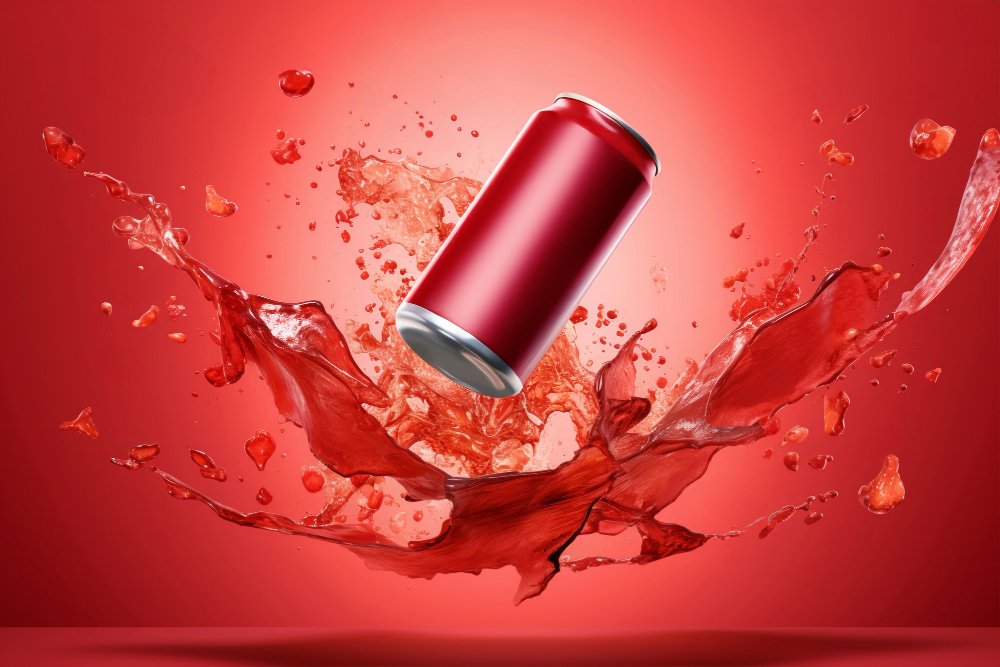Prednicarbate is a medium potency topical corticosteroid that is used to relieve inflammatory and pruritic symptoms associated with steroid-responsive dermatosis.
Prednicarbate Uses:
-
Dermatoses:
- It is prescribed to treat dermatoses that respond to corticosteroids and have inflammatory and pruritic symptoms.
Prednicarbate Dose in Adults
Prednicarbate Dose in the treatment of Steroid-responsive dermatoses:
- Topical: Cream, ointment:
- Two times per day, a thin film of it is applied to the affected area.
- Immediately when control is attained, treatment should be stopped. If no improvement is noticed after two weeks, a reevaluation of the diagnosis is required.
Prednicarbate Dose in Children
Prednicarbate Dose in the treatment of Steroid-responsive dermatoses: Topical:
Note: The treatment should be promptly discontinued once the disease is controlled. if no improvement is noted after 2 weeks, reevaluation is necessary.
-
Cream: Children ≥1 year and Adolescents:
- Apply a thin film to the affected area two times a day.
- The safety of the drug beyond three weeks has not been established
-
Ointment: Children ≥10 year and Adolescents:
- Apply a thin film to the affected area two times a day.
Pregnancy Risk Factor C
- Topical application of corticosteroids has been linked to adverse fetal outcomes.
- Pregnant women should avoid prolonged use and excessive surface area.
Use during breastfeeding:
- It is unknown if the drug is absorbed by skin after application.
- Breastmilk does not contain systemic corticosteroids.
- Avoid using nipples on breastfeeding infants as it can cause hypertension.
- It is recommended that you use it with caution if you are lactating.
Dose in Renal Disease:
No dosage adjustments have been recommended.
Dose in Liver disease:
Topical applications for short durations may be used. Use over an extensive area should be avoided.
Side Effects of Prednicarbate:
-
Dermatologic:
- Skin atrophy
- Telangiectasia
- Taut and shiny skin
Contraindications to Prednicarbate:
Allergy to prednicarbate and any component of the formulation
Warnings and precautions
-
Suppression of the adrenals:
- Prolonged use may result in the suppression of hypothalamic-pituitary-adrenal axis that could lead to adrenal crisis.
- Children younger than 5 years old are at greater risk for developing HPA suppression.
-
Contact dermatitis:
- Re-evaluation is necessary if the lesion does not heal or becomes worse.
- The drug may also be subject to allergic contact dermatitis, which could lead to discontinuation.
-
Immunosuppression:
- Superinfection may occur if you continue to use the product for a long time.
- This is due to a local immune-deficiency. Patients could develop serious fungal or bacterial infections and may need to be treated with appropriate antimicrobial therapy.
-
Kaposi Sarcoma:
- Kaposi's Sarcoma may develop from prolonged topical corticosteroids use. This may need to be discontinued and evaluated urgently.
-
Systemic effects
- Systemic absorption can occur when the drug is used for a prolonged period.
- This could lead to systemic hypercortisolism (Cushing's syndrome) or systemic hypercortisolism. Hyperglycemia, hyperglucosuria and hypertension may occur in patients with Cushing's disease.
-
Diaper dermatitis:
- Avoid it when you have diaper rash or dermatosis.
Prednicarbate: Drug Interaction
Risk Factor C (Monitor therapy) |
|
|
Corticorelin |
The therapeutic benefit of corticorelin may be reduced by corticosteroids. In particular, recent or ongoing corticosteroid medication may reduce the plasma ACTH response to corticorelin. |
|
Deferasirox |
Corticosteroids may intensify Deferasirox's negative/toxic effects. Particularly, there may be a higher risk of GI bleeding or ulcers. |
|
Ritodrine |
Corticosteroids may intensify Ritodrine's harmful or hazardous effects. |
Risk Factor D (Consider therapy modification) |
|
|
Hyaluronidase |
The therapeutic benefit of hyaluronidase may be reduced by corticosteroids. Treatment: Standard doses of hyaluronidase may not produce the desired clinical response in patients using corticosteroids (especially at higher doses). Hyaluronidase may be needed at higher doses. |
Risk Factor X (Avoid combination) |
|
|
Aldesleukin |
The anti-cancer effects of corticosteroids may be diminished by aldesleukin. |
Monitoring parameters:
- Prolonged use may result in hypothalamic-pituitary-adrenal axis suppression.
- Patients should be monitored clinically. Growth should be monitored in children.
- Regular testing such as the morning plasma cortisol test, the urinary free cortisol test, and the ACTH stimulation test should be observed.
How to administer Prednicarbate?
- It is applied topically over the skin.
- Application over mucous membranes, face, groin, open wounds, and underarms or diaper areas should be avoided.
- Do not use occlusive dressings after the application of the drug.
Mechanism of action of Prednicarbate:
- It is a corticosteroid of intermediate potency that can be used topically.
- It blocks the synthesis and releases of endogenous chemical mediators like kinins and prostaglandins and liposomal enzymes.
- It's used topically as a corticosteroid because of its anti-inflammatory and anti-pruritic properties.
Absorption:
- It gets absorbed topically when applied over the skin. However, the absorption is dependent on the extent of skin involvement, the integrity of the skin surface, the amount of the drug applied, the age of the patient, and the use of occlusive dressings. Absorption may also vary with different formulations.
- Infants, young children, and neonates, particularly preterm neonates, may absorb more nutrients than adults.
International Brand Names of Prednicarbate:
- Dermatop
- Alisyd
- Batmen
- Caderma
- Dermatop
- Dermin Cream
- Dermotop
- Peitel
- Peitel Crema
- Prednitop
- Primaderm
- Skinpred
- Sterotop
Prednicarbate Brand Names in Pakistan:
Prednicarbate Lotion 0.25 %w/w in Pakistan |
|
| Cabedin | Tabros Pharma |
| Zemagis | Glaxosmithkline |




